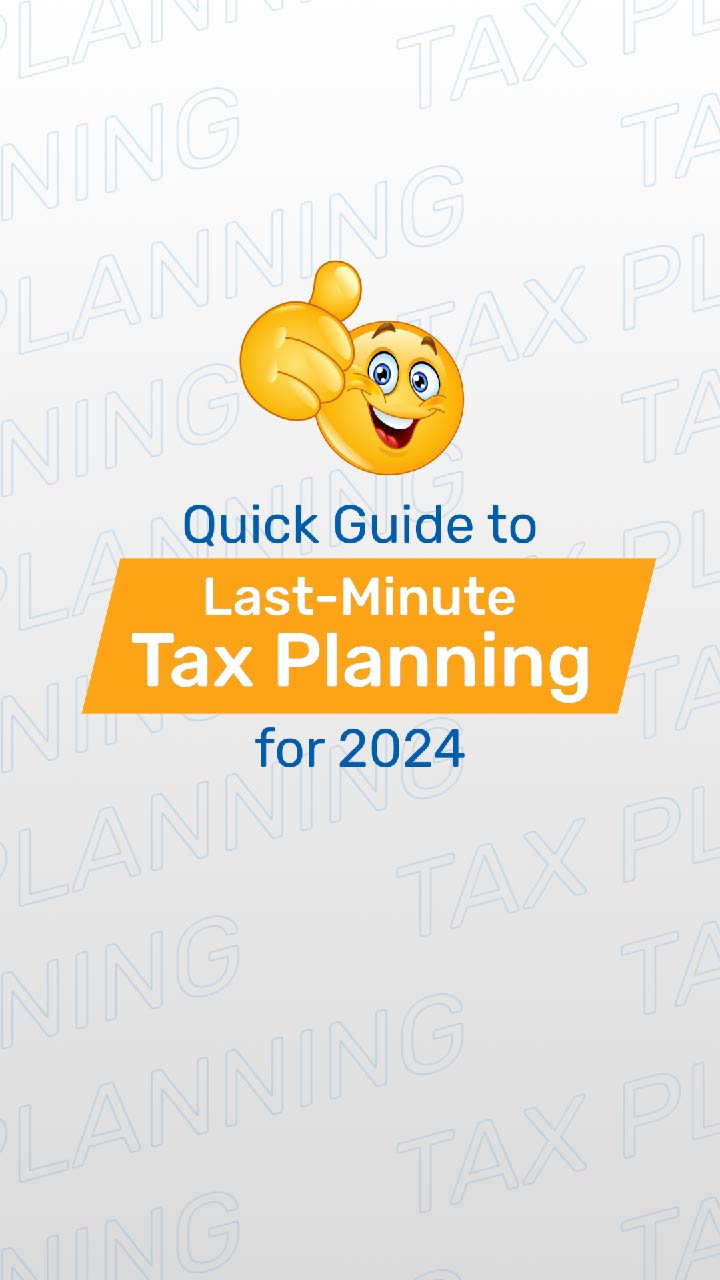Calculating the Optimal Investment Amount for Tax Savings
Making informed investment decisions is crucial for wealth growth and tax savings. In this video, we’ll explore how to determine the right investment amount to maximise your tax benefits.
We will focus on factors like income, financial goals, and risk tolerance. To begin, you should assess your annual income. Remember that the eligibility limits vary for tax-saving investments. For instance, Section 80C allows deductions up to ₹1.5 Lakhs, but if your income is higher, you may need additional options.
So, we’ll take you through the concepts of Section 80D for health insurance or Section 24 for home loan interest. You will also understand how to align your investments with your financial goals to structure your tax-saving strategy. These might include saving for a home or retirement. By selecting investments with lock-in periods that match your goals, you can plan better for the future.
Next, you’ll learn about assessing your risk tolerance to find the right mix. For example, an Equity Linked Saving Scheme (ELSS) may suit those comfortable with market risk, while the Public Provident Fund (PPF) could offer more stable returns for conservative investors.
Optimising investments for tax savings means aligning them with your income and goals while managing risk. Lastly, staying informed on tax rules and consulting an advisor can further tailor your plan.

Key Takeaways
Assess your annual income to determine the right investment amount for maximum tax benefits
Explore various tax-saving options like Section 80C, 80D, and Section 24 based on your income and financial situation
Dedicate a monthly amount towards tax-saving investments, considering your income and eligible deductions
Align investments with specific financial goals, such as education, home purchase, or retirement planning
Understand your risk tolerance and choose tax-saving investments that match your comfort level
Diversify your portfolio with a mix of equity and fixed-income options for balanced and tax-efficient returns
Stay informed about the latest tax regulations and seek personalised advice from a financial advisor for optimal results
What to Watch Next
Bites































